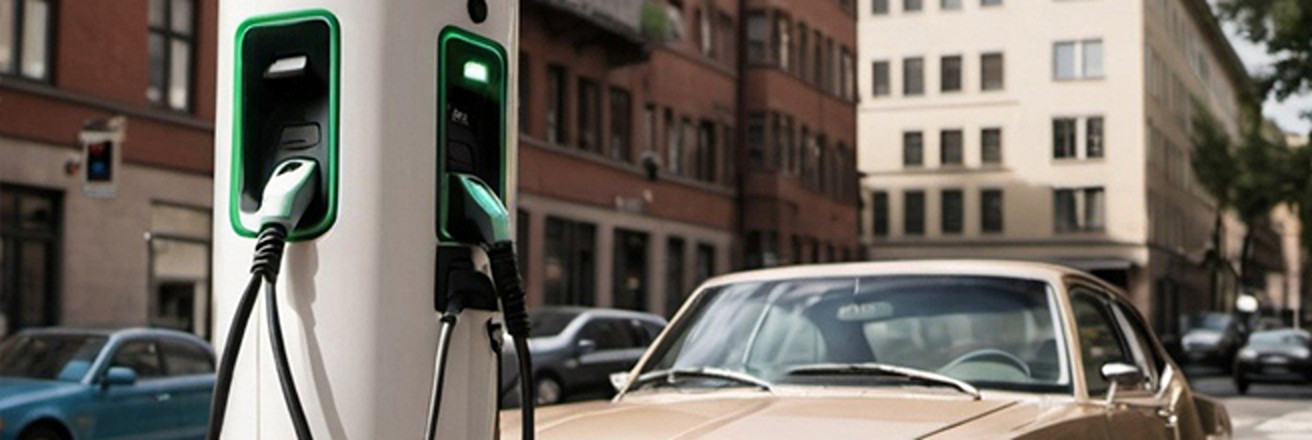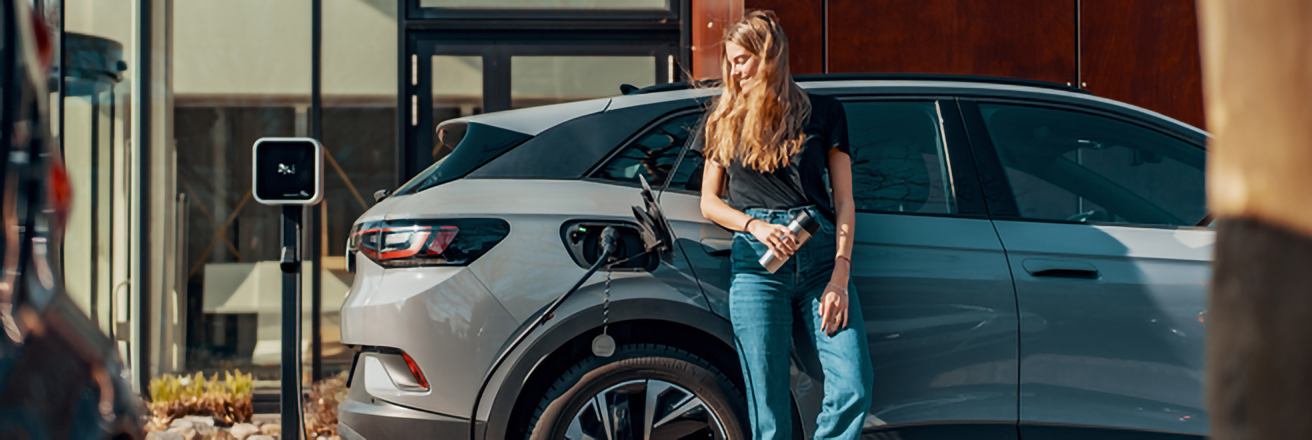
Charging station monopolies in cities: Ways to more competition and fairness
In some cities, we are experiencing monopoly-like situations with charging points, especially where municipal utilities or municipal companies are the main players. This is often due to long-term contracts or exclusive rights granted by cities and municipalities that have developed over time. In many cases, municipal utilities are driving the expansion of the charging infrastructure. Their local roots and existing networks enable them to organise the installation and operation of charging points efficiently. In addition, they often have the necessary expertise and infrastructure. It is important that municipal utilities act as energy suppliers and not as network operators – the latter is generally ruled out.
Causes of monopoly-like situations in the charging infrastructure
Monopoly-like structures often result from municipal decision-making processes. Cities and municipalities often award the operation of charging points to a single provider as part of a tendering process. The proximity between the city and municipal utilities favours municipal companies. At the same time, other providers shy away from high bureaucratic hurdles or non-transparent authorisation procedures, which further restricts the market situation.
Effects of such monopolies
Monopolies in the charging infrastructure often slow down expansion, as there is a lack of competition that would incentivise providers to develop faster and more cost-effective solutions. Charging prices could also be higher due to the lack of competition, as monopoly-like providers have pricing power. In addition, there may be a sub-optimal distribution of charging points if there are no competitive incentives to serve less attractive locations.
Influence of the new EU directive on unbundling
The new EU directive could ensure more competition by requiring unbundling between network operation and charging infrastructure. However, without consistent implementation and adaptation of local decision-making structures, its impact will remain limited. BEM board member Markus Emmert explains in an interview with MDR:
eCars and monopolies on charging points – What the new EU directive could change (in German)
In some cases, cities refuse to authorise other providers to install charging stations or make it more difficult for them to do so. This is often due to existing agreements or concessions with municipal utilities. Factors such as limited parking space or high grid connection costs can also exclude third-party providers. These practices reinforce existing monopoly structures and slow down progress.
In order to create more competition and fair market conditions, binding requirements for the diversification of the charging infrastructure would be necessary. Tenders should be made more transparent and bureaucratic hurdles for third-party providers should be removed. Greater involvement of different providers could accelerate expansion and reduce charging prices.
A sensible approach would also be to unbundle construction and operation. Each user should be able to bring their own ‘contract’ to the charging point, similar to what is planned in the area of ‘heavy-duty charging’. The minimum requirements of the AFIR (Alternative Fuels Infrastructure Regulation), in particular the mandatory acceptance of credit and debit cards, must also be complied with.
Such reforms could make the charging infrastructure in cities more diverse, more competitive and ultimately more user-friendly.






